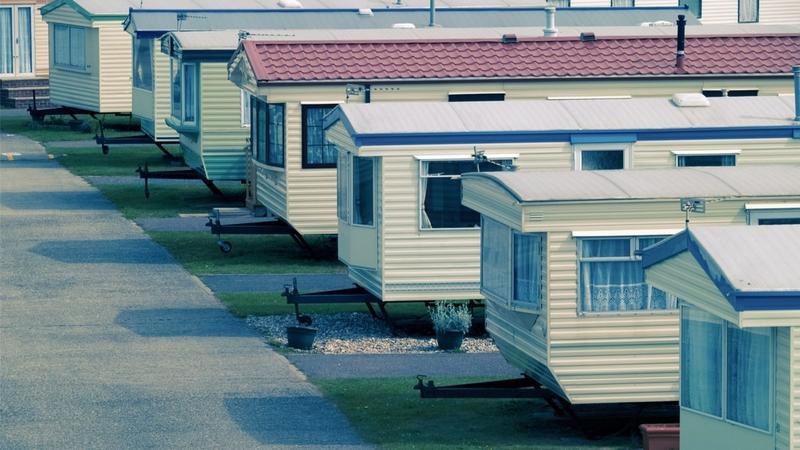Travel trailers and mobile homes can provide a real adventure that can take you anywhere you want to go with the comforts of home right behind you. They can range from simple to the most luxurious, but no matter what kind of home on wheels you have, it’s important to protect it. Do you know how to insure your travel trailer or motor home properly? Recreational vehicles like these have some special insurance needs you should know about.
Adding a Trailer to Your Auto Policy
Travel trailers can be added to your auto policy for an additional premium. This extends the coverage to your trailer in the same way that it applies to your tow vehicle. It includes liability coverage, comprehensive and collision. This is a simple way to get basic coverage for your travel trailer.
It’s important to note that the coverage limits on your auto insurance policy will apply to the trailer as well – that means limited coverage for personal property. The contents of your travel trailer are usually covered under your home or renters insurance, which provides coverage for your belongings no matter where they are located.
There may be other limits to the coverage as well – such as when it comes to towing. Your roadside assistance may not extend to towing your trailer in the event of a problem.
Travel Trailer Specialty Policies
To go beyond the basics, consider a specialized travel trailer insurance policy. This is a separate policy that goes above and beyond the coverage extended by your auto policy. These policies offer increased contents coverage as well as the appropriate towing and roadside assistance package for your travel trailer.
A travel trailer is a big investment, and while adding it to your auto policy satisfies the legal requirements to have it on the road, it may not provide the coverage you need in the event of a claim. All travel trailer owners should give serious consideration to a specialty policy designed specifically for travel trailers.
Insuring a Motor Home
A motor home is a different situation from a travel trailer. Because it is a vehicle in its own right and can be driven independently of any other vehicle you own, this type of RV will need its own insurance policy. It will be treated as another vehicle by your insurance company, just as any other vehicle would.
Other Types of Campers and Trailers
Truck campers, pop-up trailers and any other RV that is not drivable on its own but instead relies upon your truck or other vehicle to tow or carry it are all insured in a similar way to a travel trailer. You can add them to your auto insurance.
However, the same limitations apply as well. This means that you should investigate a specialty insurance policy to make certain that whatever type of recreational vehicle or camper you have, you are covered.
Full-Timer RV Insurance
Many people can’t wait to spend all of their time on the road exploring the continent in their RV. If that dream has come true for you, then you need to consider a full-timer package for your RV. Because you no longer have a home insurance policy to fall back on for coverage on your personal property, you need to cover everything in that trailer well. You also have a much higher liability risk since you’re on the road so much, so you need to get a policy that covers you.
RV specialty insurance can provide you with the right coverage for full-time RV use and make sure your home on wheels is covered just as a home that stays in one place would be. Which is important if it really is your one and only home.
Travel trailers make it easy to hit the road and go where you want to go whenever you want to be there. They are a great opportunity for family adventures and retirement years of exploration, and everything in between. Make sure your trailer, motor home, truck camper or any other type of camper is covered right. It’s well worth getting quotes for RV specialty insurance and considering this option; for most RV users, it will turn out to be the right choice.
